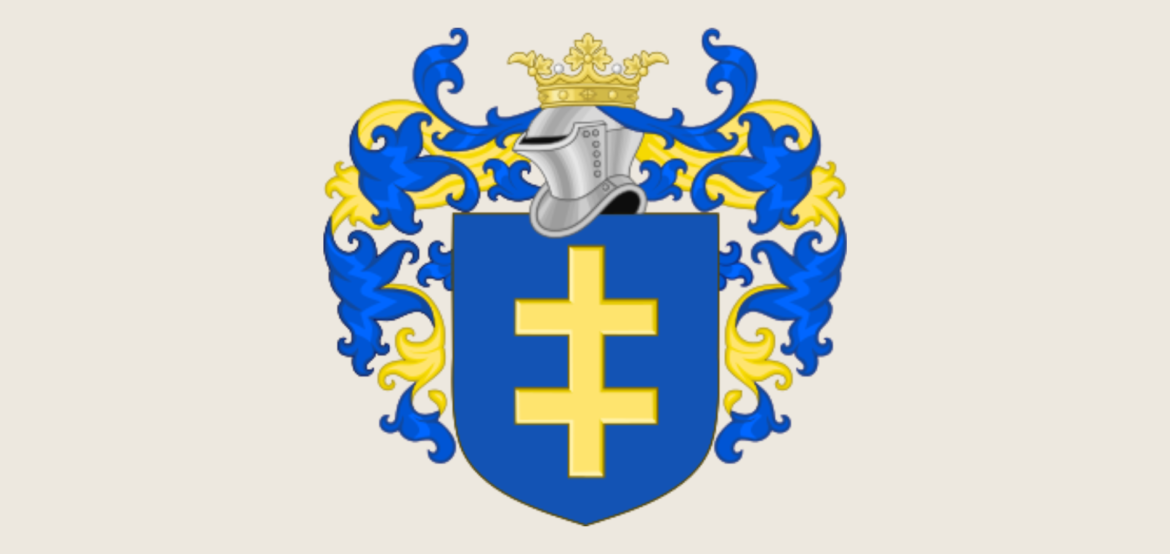The Jagiellon Dynasty, spanning from the 14th to the 16th centuries, played a pivotal role in the history of Poland and Central Europe. This dynasty, originating from Lithuania, brought about an era of cultural exchange, diplomatic alliances, and territorial expansion. Join us as we explore the remarkable achievements of each king from the Jagiellon Dynasty and their lasting impact on the region.
Władysław II Jagiełło (1386-1434):
Władysław II Jagiełło, also known as Jogaila, marked the beginning of the Jagiellon Dynasty. His reign saw the union of Poland and Lithuania, forming a powerful Polish-Lithuanian Commonwealth. Jagiełło’s crowning achievement was the victory at the Battle of Grunwald in 1410, where the united forces of Poland and Lithuania repelled the Teutonic Knights, securing territorial integrity and regional influence.
Władysław III Warneńczyk (1434-1444):
Władysław III Warneńczyk, also known as Ladislaus III of Varna, inherited the throne at a young age. His reign was marked by military campaigns and alliances to expand Polish influence. He bravely fought against the Ottoman Empire, but tragically perished in the Battle of Varna in 1444. Although short-lived, Władysław III’s commitment to defending Polish interests against external threats remains an integral part of the Jagiellon legacy.
Kazimierz IV Jagiellończyk (1447-1492):
Kazimierz IV Jagiellończyk, known as Casimir IV, solidified the Jagiellon Dynasty’s influence over Central Europe. His reign witnessed territorial expansions, including the incorporation of the city of Kraków. Kazimierz IV’s diplomatic skills were instrumental in securing alliances and maintaining stability within the Commonwealth, contributing to a period of relative peace and prosperity.
Jan I Olbracht (1492-1501):
Jan I Olbracht, also known as John I Albert, continued the diplomatic efforts and territorial expansion of his predecessors. His reign saw the incorporation of Moldavia into the Polish-Lithuanian Commonwealth and strengthened relations with other European powers. Jan I Olbracht’s patronage of the arts and sciences, including the establishment of the Jagiellonian University in Kraków, fostered a vibrant cultural and intellectual climate.
Aleksander Jagiellończyk (1501-1506):
Aleksander Jagiellończyk, or Alexander Jagiellon, pursued a policy of consolidation and internal reforms during his short reign. He sought to strengthen the position of the monarchy and maintain stability within the Commonwealth. Aleksander’s commitment to cultural exchange and support for the Renaissance movement left a profound impact on the arts and intellectual development of the region.
The Jagiellon Dynasty’s reign was characterized by territorial expansion, diplomatic prowess, and the fostering of cultural and intellectual growth. From Władysław II Jagiełło’s unification of Poland and Lithuania to the advancements made under the rule of Kazimierz IV and his successors, the Jagiellon Dynasty played a crucial role in shaping Central European history. Their achievements established the Polish-Lithuanian Commonwealth as a formidable force and left a lasting cultural and intellectual legacy that continues to resonate to this day.
